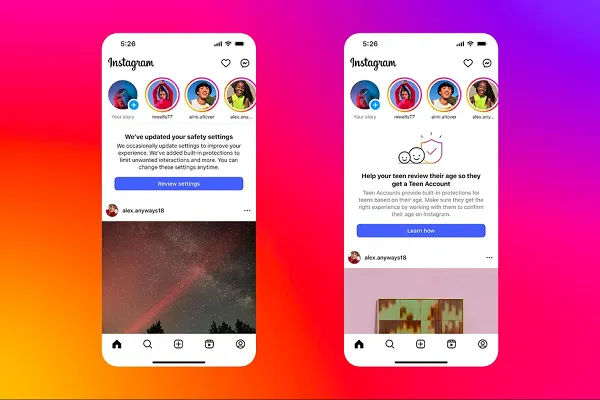9 ways marketers can lure the best creative agencies
You want them to say “yes” to an attractive opportunity—not “no” to an ugly process.

Top agencies have always been selective about the work they accept—making sure a client is a good fit, their timeline respects holidays and weekends, their fee matches the work and they are transparent about budgets, decision-makers and goals.
Today, agencies have become choosy as well. Why?
Agencies realize that in a talent-shortage world they must do more work with fewer people and not burn them out along the way. Compounding matters, the empowered talent market is selective about the specific accounts they want to work on. As a result, more agencies that previously said yes are scrutinizing every opportunity and now saying no.
Over the past year, several marketers who started requests for information on their own were dismayed by the low response rates from agencies. Why were so few agreeing to participate?
As it turns out, there were flaws in the initial invitations, questions and overall process, including:
An RFI with dozens of questions the day before a holiday weekend with a one-week turnaround.
A timeline that would have required agencies to work on the July Fourth weekend for a meeting the following Monday.
The brand saying it would own everything the agency submitted (how can a marketer own an agency’s bios and client lists?)
An RFI with 100 questions—95 of them standard procurement questions and only five pertinent to the agency opportunity.
An RFI with eight pages of procurement terms and conditions, one paragraph on the opportunity for the agency and two pages of questions. There was nothing about the client’s high-level agency needs, client team structure and review timeline.
The list goes on, but you get the point. Here are nine ways for brands and marketers to generate enthusiastic responses from agencies:
Establish a mutual NDA
Agency information such as client lists, cases and employee count is just as confidential to agencies as a brand’s information is to a brand. Agency pricing is even more confidential. Why waste time and send a one-way NDA when agencies will redline it to ask for mutuality?
Ask relevant questions
Marketers are busy; agencies are busy. Ask a question only if the answer will help you decide whether you want to spend more time with that agency. Some marketers ask dozens of irrelevant questions just because “we ask these questions of all of our vendors.”
Describe the opportunity—not boilerplate from your press releases
Agencies can read your website home page. In order for an agency to make an informed decision about whether to participate in your review, describe what your need for the agency is.
Provide a sense of scope of work, if not the fee
You wouldn’t apply for a job if you had no sense of what it paid. Just as more and more states post salary ranges for jobs, share something. A good surrogate is the range of FTEs previously on your account.
Establish fair timing, and communicate it up front
You like to have time off for holiday long weekends. So do agencies. And keep in mind that starting a review or a search in September is a challenge. Agencies, particularly smaller ones, are already busy with year-end assignments for current clients and new business opportunities that started in August.
Seek partners, not vendors
An agency “partner” that will be entrusted with your brand is a world-class, higher-level strategic advisor—not your everyday “vendor” of paper clips. If you won’t call an agency your “advisor,” at least use “supplier.” Optics matter here.
Respect proprietary answers
Although some in procurement may think it’s fair to send the answers to each agency’s questions to all agencies, it is exactly the opposite. The lazy agencies who asked perfunctory questions unfairly receive the benefit of the motivated agencies who took time to pose thoughtful questions.
Ensure that the assignment fits the fee
If your agency fee will be in the low single digits, it is not fair or professional to ask for an entire campaign, including spec creative, for three brands. When you apply for a job, are you asked to write your entire business plan on spec? It’s fine to ask for initial strategic ideas—an amuse-bouche or appetizer—but not surf and turf and tiramisu.
Allow for calls
Would you hire someone for $1 million or more based on a 90-minute semifinal meeting and a two-hour final meeting? Of course not. Companies have teams of interviewers and rounds of interviews to hire staffers. Do yourself a service and spend time with agency finalists. Many of brands have found the most valuable meetings are small group coffees and drinks—without all the formality of a presentation. Get to know the team without multiple procurement or consultant chaperones.
There are many more tips beyond what’s provided here, but by reminding ourselves of the above advice, you’ll go a long way to getting the best agency candidates. You want them to say “yes” to an attractive opportunity and not “no” to an ugly process.

 ValVades
ValVades 































